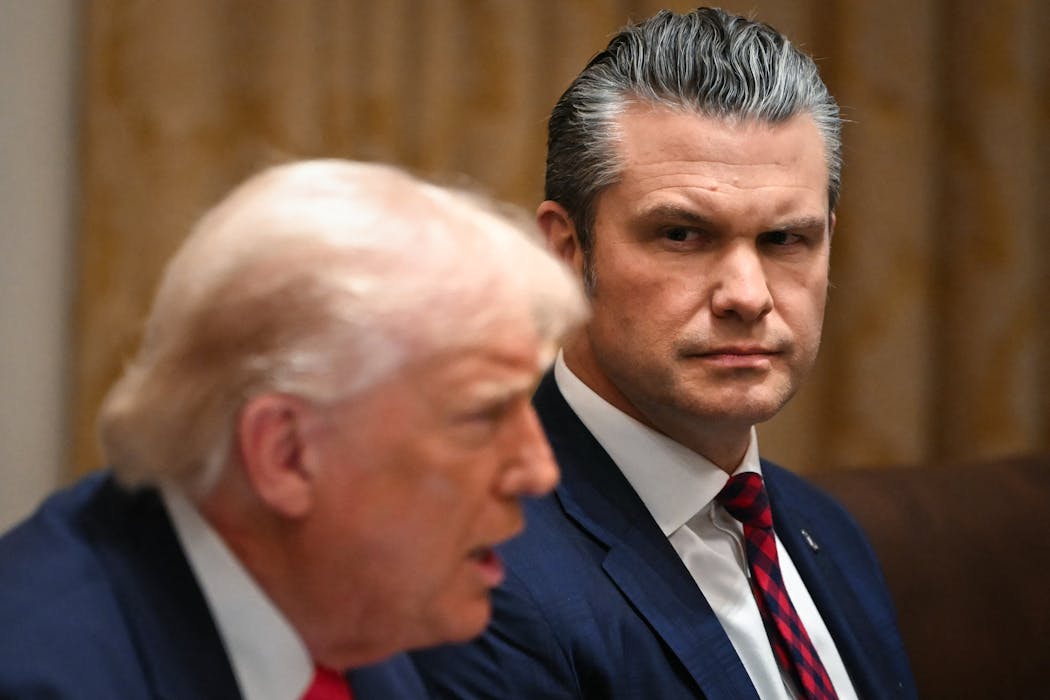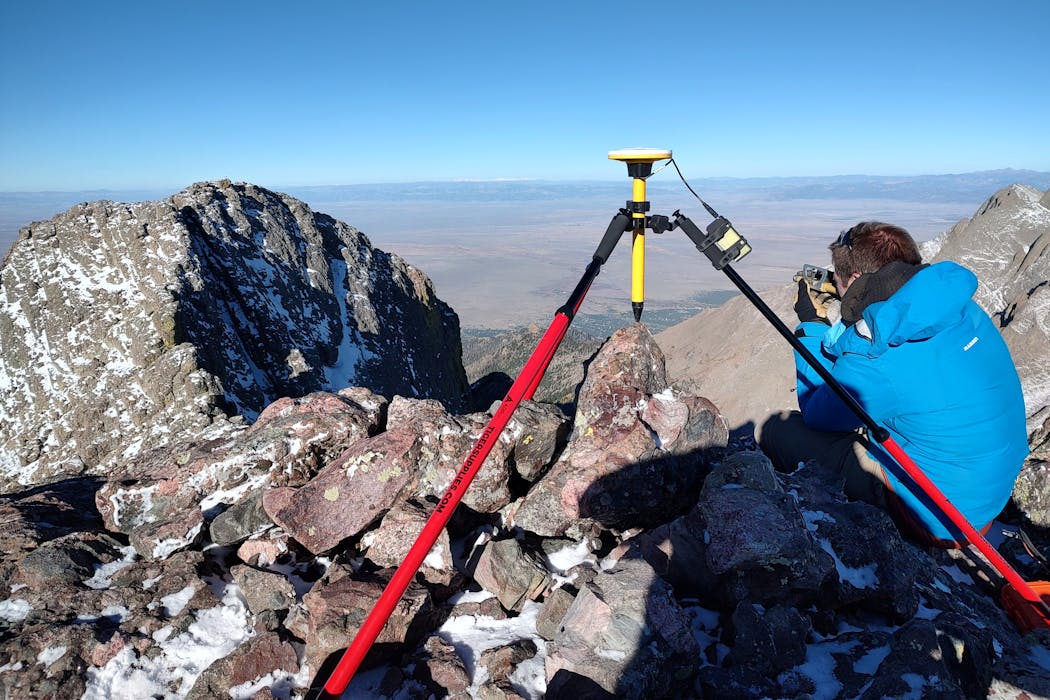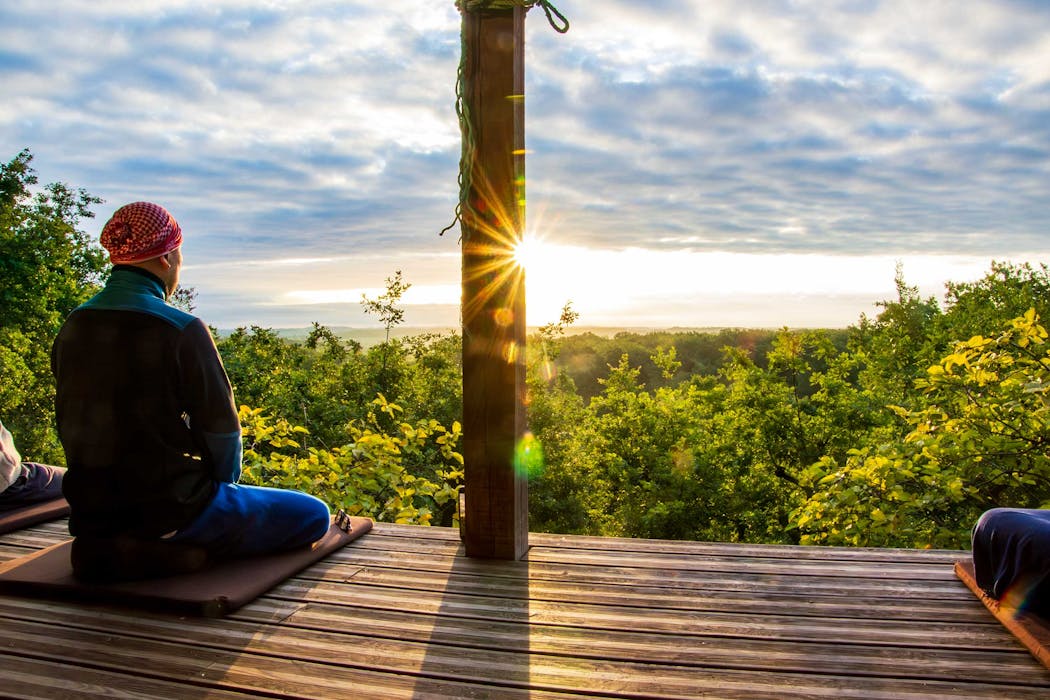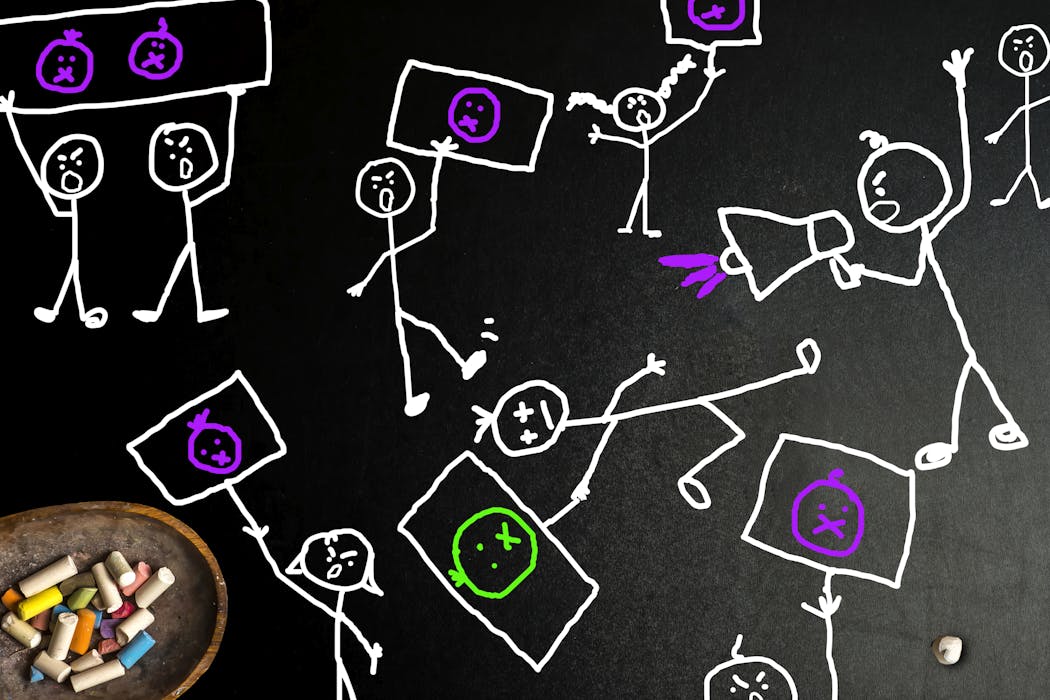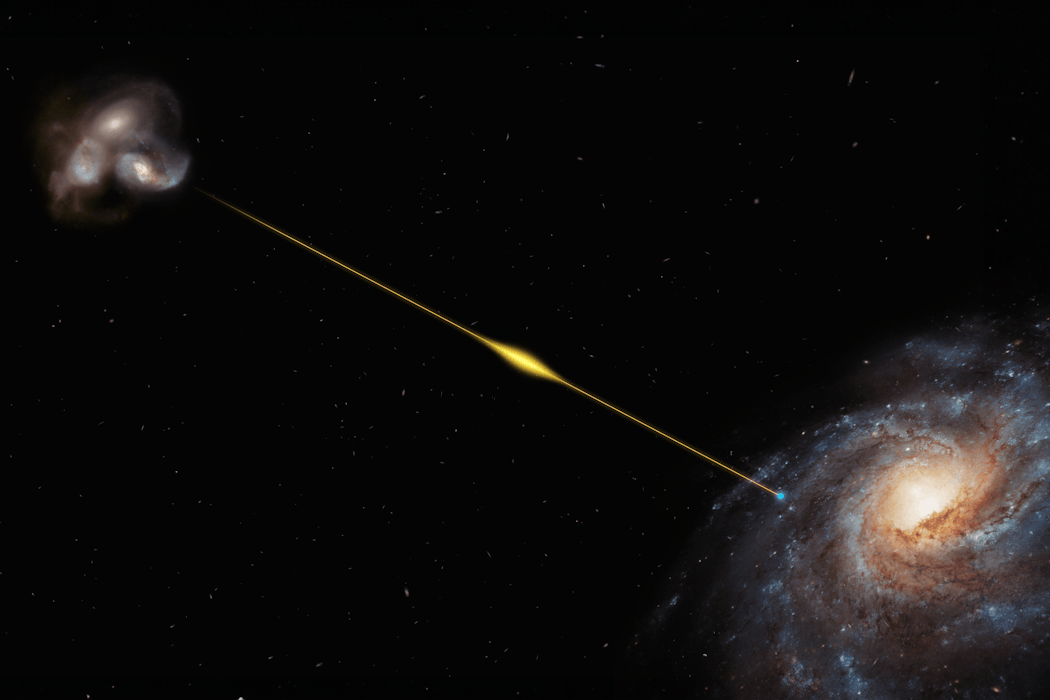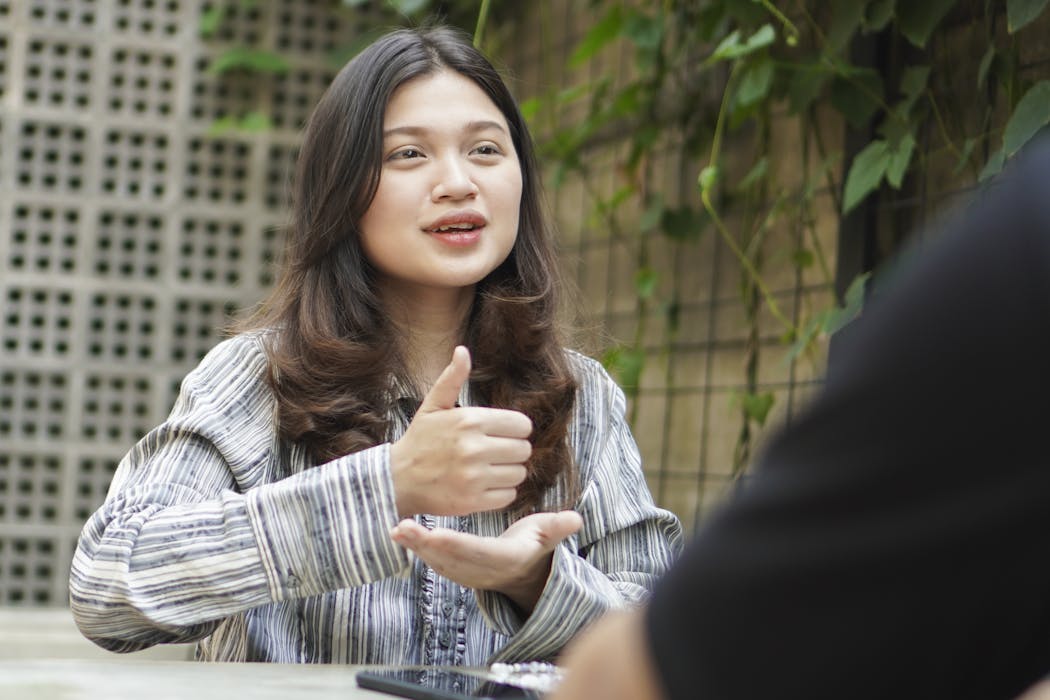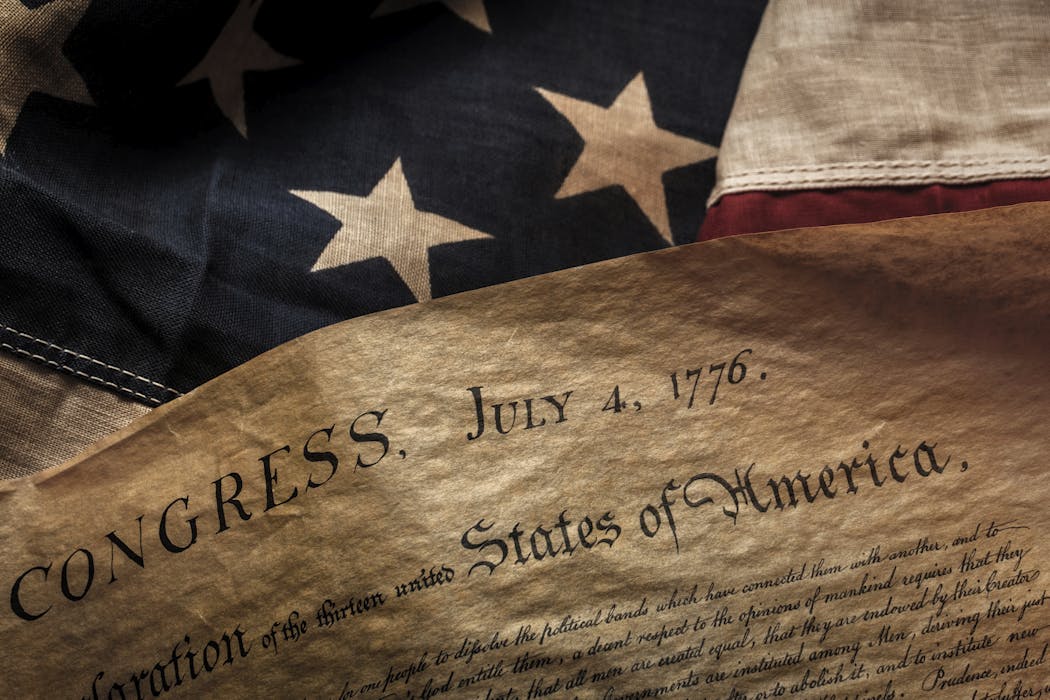Hope and hardship have driven Syrian refugee returns – but many head back to destroyed homes, land disputes
- Written by Sandra Joireman, Weinstein Chair of International Studies, Professor of Political Science, University of Richmond
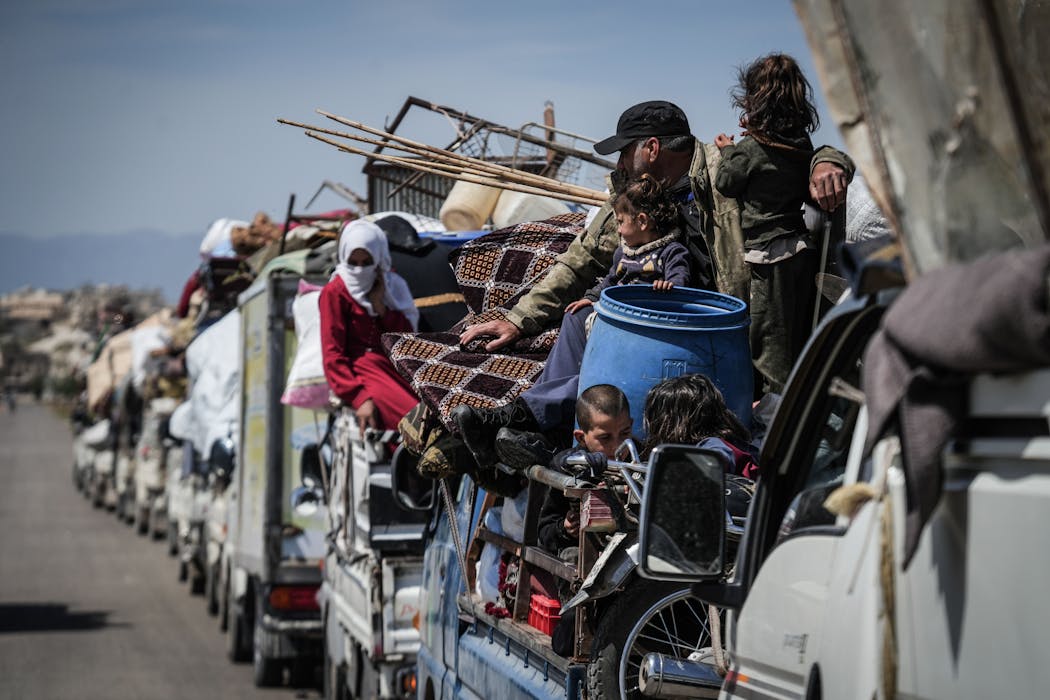 Displaced Syrian families form a return convoy to their destroyed village.Moawia Atrash/picture alliance via Getty Images
Displaced Syrian families form a return convoy to their destroyed village.Moawia Atrash/picture alliance via Getty ImagesClose to 1.5 million Syrian refugees have voluntarily returned to their home country over the past year.
That extraordinary figure represents nearly one-quarter of all Syrians who fled fighting during the 13-year civil war to...


